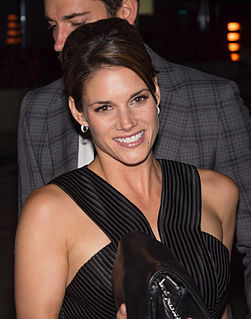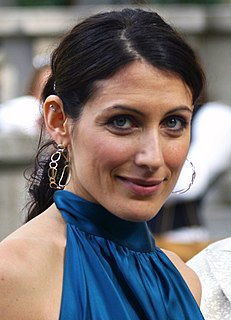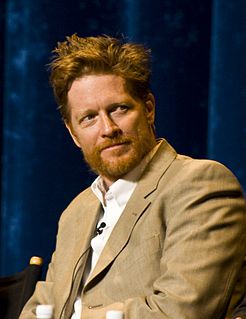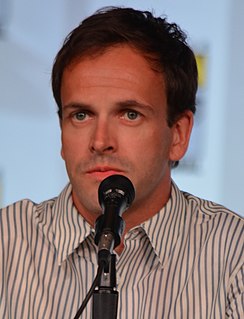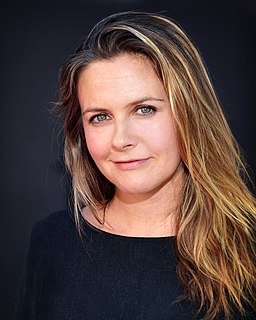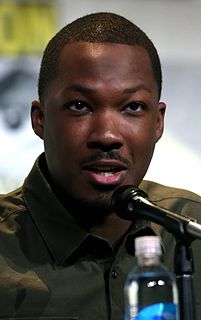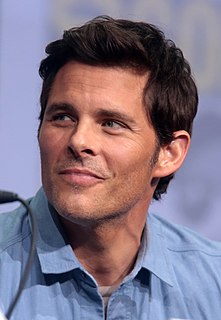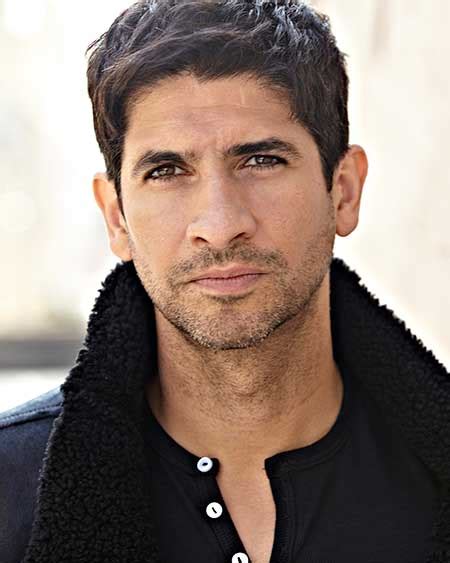A Quote by Jordan Gavaris
As an actor, you don't want to know the beginning and end to your character's arc. It makes it more fun. You're not playing the end. You're playing it realistically. You don't know where this character is going to go and what's going to happen to him, which just makes it more interesting for the viewers to watch.
Related Quotes
As an actor, you don't want to know the beginning and end to your character's arc. It makes it more fun. You're not playing the end. You're playing it realistically. You don't know where this character is going to go and what's going to happen to him, which just makes it more interesting for the viewers to watch. They're going on the journey with you, as the actor and the character.
You're always choosing the start point and the end point. And almost by definition, the most interesting period is where something happens, as a result of which something is different at the end. And so to me, the idea that you know everything about a character at the beginning is sort of ridiculous. Something has to be revealed. I like it when the deeper you go with the character, the more you see the layers start to peel away. It's more challenging to me, but it's also just interesting. Those are the things I like to watch. I like to watch the evolutions of something.
I was kind of scared at first to do that [vice-over] because when you're on set, a lot of the things going on around you - the environment and playing off other actors - and that's what makes it easier and helps you to be in your character. So, realizing you're not going to have that and you're going to be secluded in this booth, it's like, "How am I going to be a character when I'm just in these walls?"
In a play, you know where you start and end and all the stops you have to do, but in television, you can't construct this carefully planned out arc for your character. You often get a script and you're shooting it two days later, and you don't know what's going to happen next. It's one of the harder things that I've done.
But I've always felt that the less you know about an actor's personal life, the more you can get involved in the story in which he's playing a character. And I don't like to see movies where you know about everything that happens behind the scenes. I can't engage in the story if I know what's going on in the actor's head.
I like it all. I love getting inside of people's heads and playing what drives people and what makes them do what they do. That's always been what's most interesting to me about being an actor. The analyzing of what's happening, but even more so, just letting it all go and playing is fun. I love just seeing what comes out of you.
I've said this before, but I've always felt more comfortable playing the guy who thinks he's the hot shot or thinks he's the greatest and is so far from it, you know? The misguided character. That's always more interesting to me - especially with a comedy. I've always felt inside more like a character actor.



